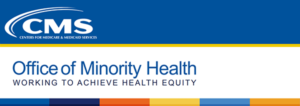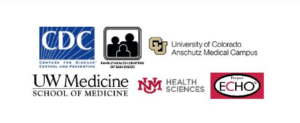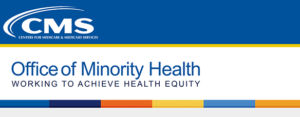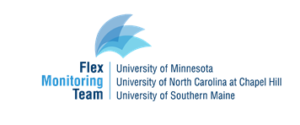May 3, 2023

Update to Coverage for COVID-19 Tests
The COVID-19 Public Health Emergency is to end on May 11, 2023. The ending of the Public Health Emergency may impact an individual’s coverage of COVID-19 tests. The Centers for Medicare and Medicaid Services (CMS) has provided a New Consumer Fact Sheet in both English and Spanish.
Consumer Fact Sheets:
English
Spanish
What to tell consumers:
Before May 11, 2023
If you have any type of health insurance, you can get up to eight over-the-counter tests per month with no out-of-pocket costs. Over-the-counter tests are available in most pharmacies and may also be available online for delivery.
After May 11, 2023
Laboratory tests for COVID-19 that are ordered by your provider will still be covered with no out-of-pocket costs for people with Medicare. Over-the-counter tests will still be available, but there may be out-of-pocket costs. Coverage of over-the-counter tests may vary by your insurance type, as described below.
What does this mean for Medicare Beneficiaries?
Generally, Medicare doesn’t cover or pay for over-the-counter products. The demonstration that has allowed us to offer coverage for COVID-19 tests at no cost ends on May 11, 2023.
However, if you are enrolled in Medicare Part B, you will continue to have coverage with no out-of-pocket costs for appropriate laboratory-based COVID-19 PCR and antigen tests, when a provider orders them (such as drive-through PCR and antigen testing or testing in a provider’s office).
If you are enrolled in a Medicare Advantage plan, you may have more access to tests depending on your benefits. Check with your plan.
What does this mean for people with Medicaid or Children’s Health Insurance Program?
If you have coverage through Medicaid or the Children’s Health Insurance Program, you will have access to COVID-19 over-the-counter and laboratory-based COVID-19 tests after May 11, 2023.
If your insurance chooses to cover COVID-19 testing, they may require cost sharing, prior authorization, or other forms of medical management.









